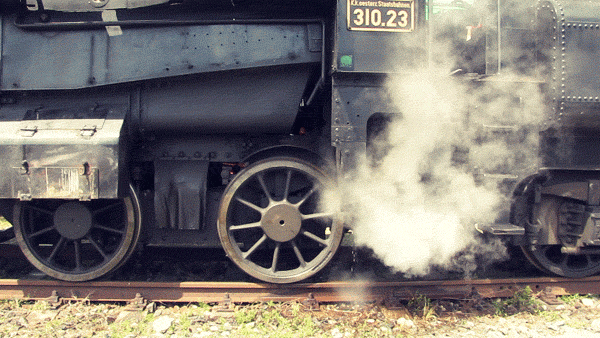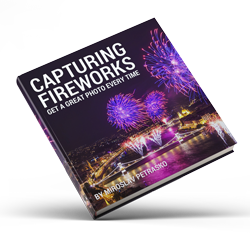I have been sharing a lot of plotagraphs recently (not only here, but mostly on my Instagram account) and some long time ago I shared also cinemagraphs here. Since the results are quite similar, I would try to explain what the difference between these two approaches to animated photographs are. Let’s first look at plotagraphs.
Plotagraph
With a plotagraph, you start with a single photo. You take this photo, and by moving parts of it, you create an animation. This can be done in Photoshop, using actions, in video editing programs such as Adobe Premier and similar. But probably the simplest way is to use Plotagraphy Pro service. Like this you will end up with a clip, or a gif. There just the areas you animated will move, with all others being static.
The beauty here is, that at anytime you can go back to your older photos and just add movement to them. This can be done to any photo, even the ones you did not plan to animate at the time of taking them. Like this, if you have already an archive of photos, you can create new animated variations at will.
Cinemagraph
With a cinemagraph, you start with a video. On this video, you choose which areas are moving, and what is a static image. This can be done in Photoshop, or one of the many available applications (it’s more popular in mobile apps). So in the end, you will have the clip repeating in a part of the image, with all the rest just being from a single frame.
This is one of my older cinemagraphs. (sorry for the lower resolution, I just could not find the original file :/)
Cinemagraphs are harder to do, as you can’t just go back to your old photos and decide to animate them in this way. You already need a video, that was taken very stable (preferably from a tripod) and that has a nice loopable movement in it.
Even if the results are similar, the way they are done is quite different. They work better for different situations, and the results will also wary a lot.



